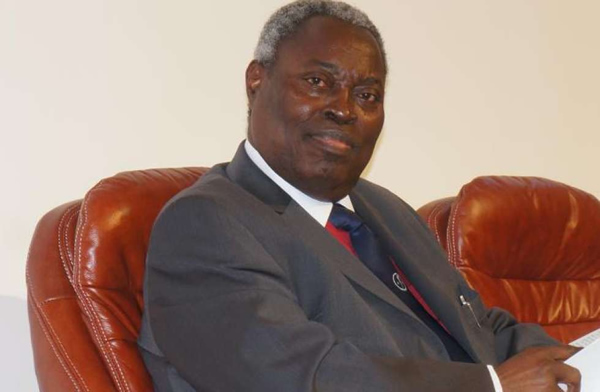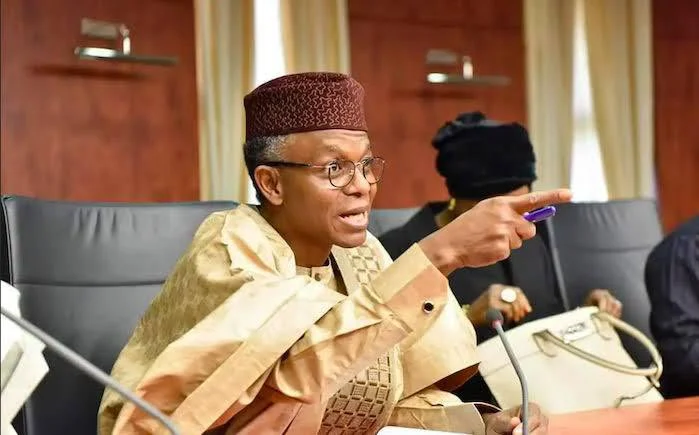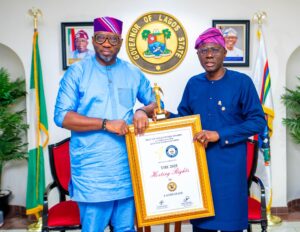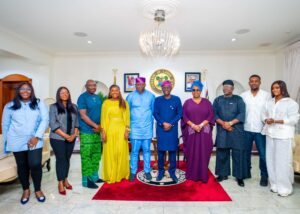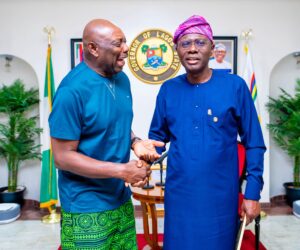The planned address of a joint session of the National Assembly by President Muhammadu Buhari on Thursday over the worsening security situation in Nigeria now appears uncertain.
According to Premium Times, this situation followed the antics of the governors of the ruling All Progressives Congress (APC) at the party’s National Executive Council meeting held in Abuja on Tuesday.
Governor Rotimi Akeredolu of Ondo State, who moved the motion for the cancellation of the President’s planned address, reportedly cited a possibility of unnecessary imitations of such invitation by state assemblies nationwide. He was quickly supported by Governor Yahaya Bello of Kogi and other colleagues.
Assembly’s Invitation
On December 1, after a riotous debate on the floor of the House of Representatives, members unanimously endorsed a motion of urgent national importance by a representative, Satomi Ahmed.
The motion had sought the appearance of the President over the recent killings of farmers in Borno State.
The attack by Boko Haram on November 28, on mostly rice farmers in Zabarmari, a community in Jere Local Government Area, saw at least 43 farmers killed. More than a dozen are still said to be missing to date.
The incident immediately sparked local and international outrage, with many Nigerians calling for the resignation of service chiefs and even the president himself.
The development has also been cited as one of the reasons for the renewed protests by young Nigerians across some states, who are demanding the resignation of President Buhari.
But in its response, the upper chamber of the National Assembly simply called for the removal of the service chiefs. It was the third time such demand was made by the red chamber.
President Buhari also condemned the attack and sent a federal government delegation to Borno to condole the state government.
President Agreed To Address Assembly
Meanwhile, less than a week after the summon was made, Mr Buhari agreed to address the joint session of the two chambers on the issue of Boko-Haram and the general insecurity across the country.
Recall that we had reported on Monday the confirmation by the Presidency that the session had been set for Thursday.
The Speaker of the House, Femi Gbajabiamila, had earlier told journalists that the president had agreed to appear before the House, saying the date would soon be made known to Nigerians.
“We have agreed on a date and he will meet with the House to address the situation. We have fixed a date but we will communicate with you,” he said.
When contacted, a spokesman to Mr Buhari, Garba Shehu, said, “The President will address a joint session of the parliament.”
How APC Governors Halted Plan
Ahead of the APC NEC meeting, the governors of the ruling party had earlier held a meeting on Monday evening to debate the agenda of the NEC meeting.
At the meeting, It was learnt that the governors resolved to advise Mr Buhari against appearing before the National Assembly over the security situation in the country.
Their argument, this newspaper learnt, was that such appearance by the president might create a precedence that state assemblies could capitalize on to frequently summon Governors in like manner.
They also reportedly resolved to pursue the agenda by moving a motion for its suspension during the NEC meeting.
True to their plan, the Ondo State Governor, Mr. Akeredolu, moved the motion and was supported by other governors in attendance.
The NEC subsequently endorsed the decision and mandated the governors to engage the assembly members from their states for proper briefing and interaction.

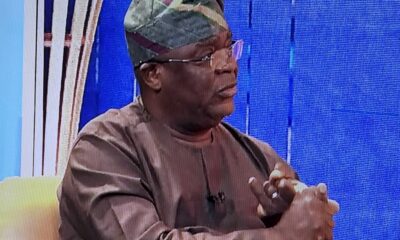
 BIG STORY5 days ago
BIG STORY5 days ago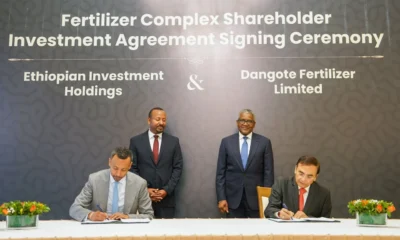
 BIG STORY4 days ago
BIG STORY4 days ago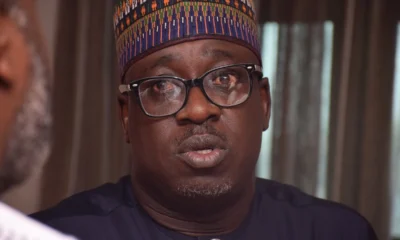
 BIG STORY4 days ago
BIG STORY4 days ago
 BIG STORY3 days ago
BIG STORY3 days ago
 BIG STORY4 days ago
BIG STORY4 days ago
 BIG STORY13 hours ago
BIG STORY13 hours ago
 BIG STORY5 days ago
BIG STORY5 days ago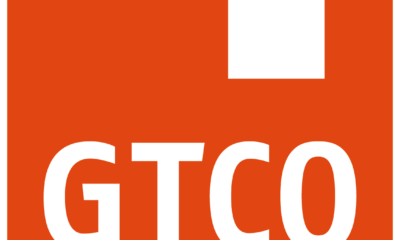
 BIG STORY3 days ago
BIG STORY3 days ago


















